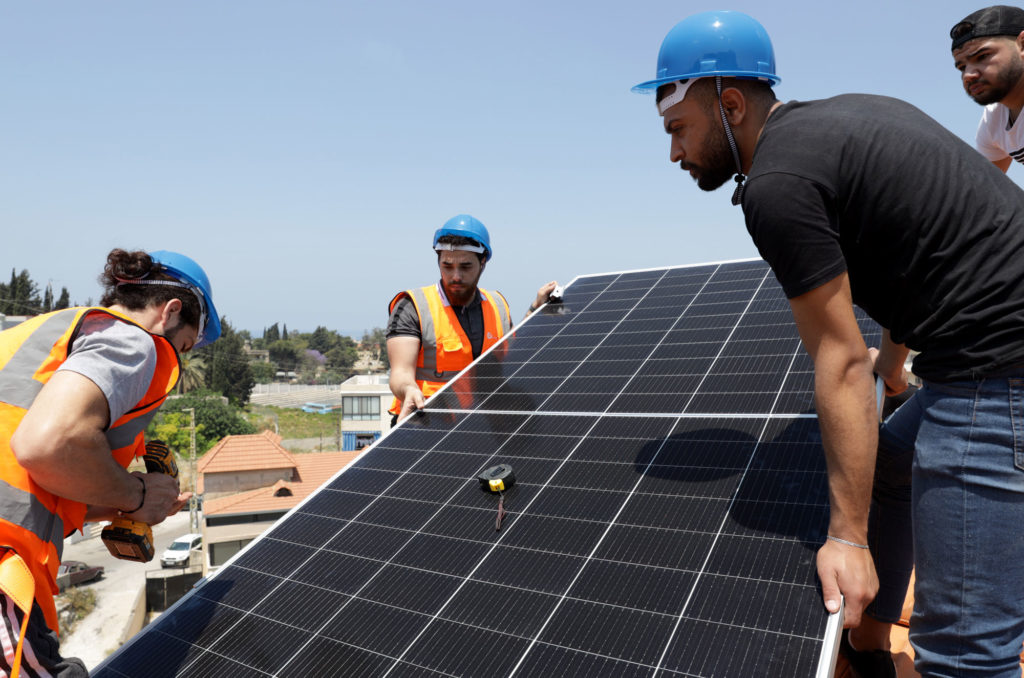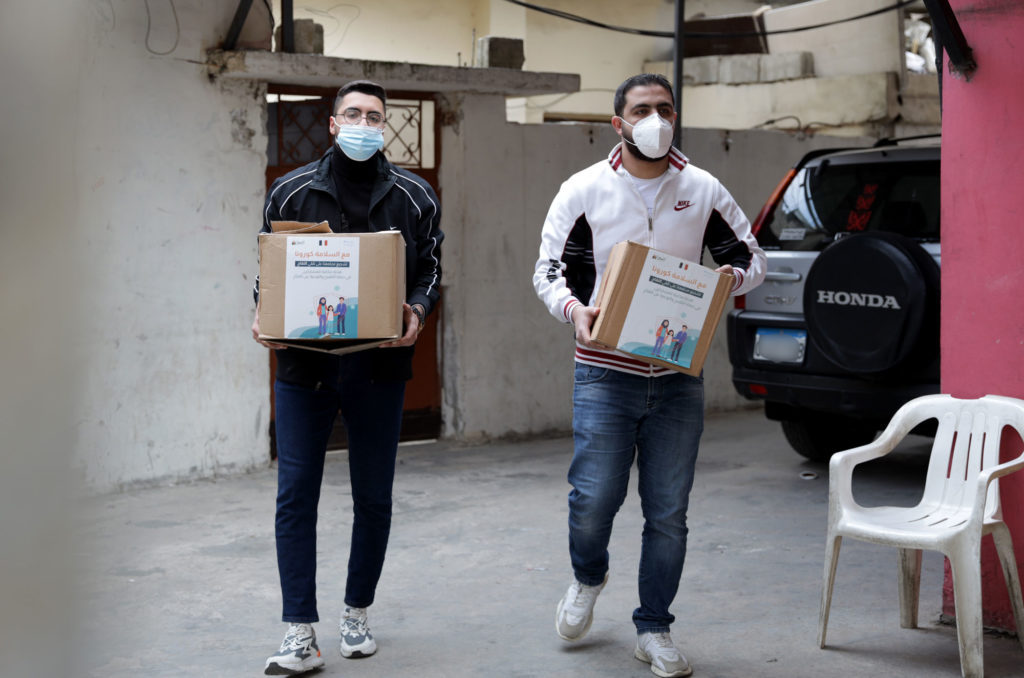Feb, 2008
Palestinian refugees in Lebanon face discrimination in the labor market, restricted access to education and health services, and a lot of red tape to prove they have a right to be in the country at all.
They face staggering rates of joblessness and substandard housing conditions.
The United Nations Relief and Works Agency (UNWRA) says Lebanon has the highest percentage of Palestinian refugees living in abject poverty. Palestinian refugees in Lebanon number about 400,000. They constitute one of the world’s longest suffering refugee populations.
Anera has undertaken a major new program, Building Consensus through Community Development, to improve living conditions for Palestinian refugees and low-income Lebanese families in the under-served communities of the greater Tyre area. It is here, in southern Lebanon, where families are crowded into informal refugee camps, known as “gatherings,” that lack the basic infrastructure for health and security.
Refugees live in narrow unlit alleyways where fear of crime dominates daily life. The open sewage drains and rotting piles of garbage increase the spread of disease. Despair and loss of hope foment discord and violence.
Palestinian refugees in Lebanon get help rebuilding communities
Anera’s program aims at alleviating some of the misery by rebuilding essential infrastructure, eliminating environmental hazards that put families’ health at risk, encouraging reconciliation between Lebanese and Palestinian communities.
In participatory assessments, women and youth have identified pressing threats to environmental health, child safety, and community security. These awareness sessions help inform and empower community members to implement development work.
The first project has already begun – the rehabilitation of the electricity network in the Al-Mouassiseh neighborhood that borders Burj Shamali camp. Improving this basic service will help reduce household expenses, eliminate injuries from electric shocks and fire, and light up dark streets and alleys at night.
The program is part of Anera’s continuing effort to help communities rebuild their lives after 2006 war in southern Lebanon. Through sustainable community development assistance Anera also is helping generations of people healing from wounds inflicted by the long civil war that ended almost two decades ago.
Anera is working to improve the quality of life in communities housing a mix of low-income Palestinian and Lebanese populations with funding from USAID’s Office of Transition Initiatives.


